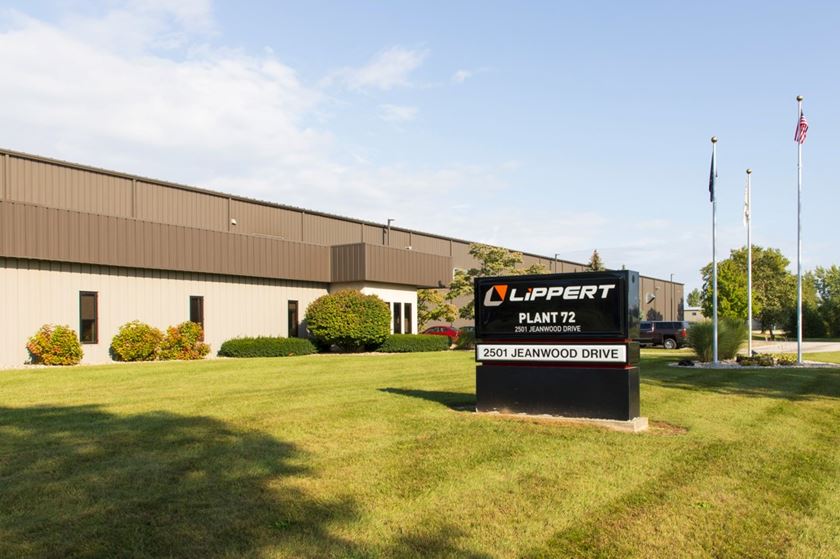On My Mind: Disaster Recovery
During the last three to five years, one of the trends in the finishing industry has been for shops to automate as many of their processes as possible.
#sustainability
During the last three to five years, one of the trends in the finishing industry has been for shops to automate as many of their processes as possible. The information technology and information systems used by these shops help to maintain critical finishing parameters, track orders throughout the plant, house databases of customer and finishing specifications and allow customers to access their account through the Internet.
As our reliance on information technology and information systems grows, it becomes increasingly important that we ensure these systems are operational at all times. But, many of us have taken for granted the security and integrity of our computer systems.
Featured Content
The effects of an inoperable computer system, whether through fire, significant power outage or some other disaster, can be quite devastating. Of those companies that lost access to their data center for 10 days or more due to a disaster, 93% of them filed for bankruptcy within one year of the event. Of those businesses that found themselves without their computer system for this same time period, 50% of them filed for bankruptcy immediately. (Source: National Archives & Records Administration)
In the event of a disaster, what would your company do? How long would it take to regain access to your data? How would you control your finishing processes? Would your employees be able to finish parts manually? If your line were destroyed along with your computer system, how would you fulfill your customers' orders? Would there be a significant delay in processing your customers' orders?
Some managers or owners may still be skeptical of the impact the loss of your information technology system will have? If that's you, get to work early tomorrow and tell your employees when they arrive that they do not have access to any functions of the computer system and see what happens. Odds are most employees won't know what to do.
I have often thought about what our company would do if we lost access to our databases and computer systems or our building burned down. We have backup tapes that we can pull information from, but if we don't have a system to access those tapes, what good are they? If our building burned down, where would everyone work? How would we communicate with each other?
Very few people ever think that a significant disaster will happen to his or her company. But, for those people that do think about it and take the time to generate a disaster recovery plan, those companies' odds of staying in business are much, much better.
RELATED CONTENT
-
Chemical Milling Environmental Improvements, Aerospace is Green and Growing
By David Tomlinson and James Wichmann, AC Products Inc.
-
Making Chrome Safe
A non-aqueous hard chrome alternative offers safe and environmentally sustainable functional and decorative chrome coatings.
-
Pretreatments: The Next Generation
Emerging technologies can save energy, ease environmental concerns


.JPG;width=70;height=70;mode=crop)
















